General Josh’s niece recalls horrors of struggle
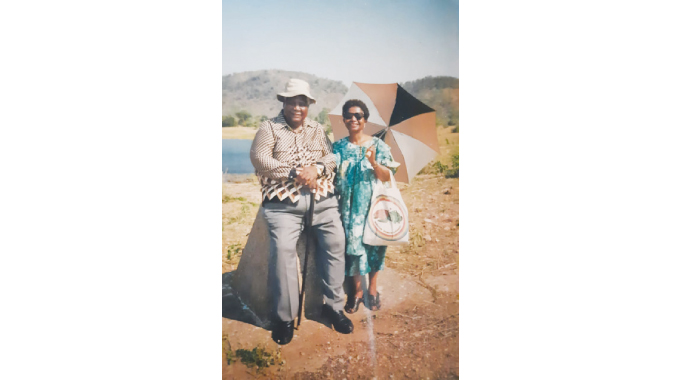
Mashudu Netsianda, Senior Reporter
THE late Vice-President, Dr Joshua Mqabuko Nkomo’s niece, Ms Susan Nkomo (74) crawled on the ground, navigating her way through several bodies scattered after the Rhodesian Air Force launched a raid into Zambia targeting Mkushi, a Zipra training camp.
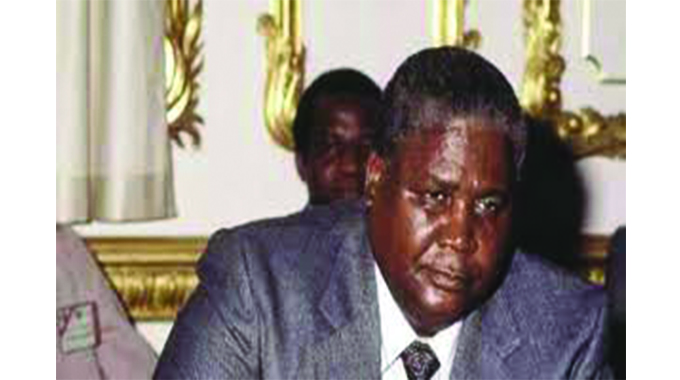
Father Zimbabwe, late national hero and Vice President, Dr Joshua Nkomo
The attack on Mkushi as others executed more or less simultaneously at Chikumbi and Freedom camps were a retaliation after the Zimbabwe People’s Revolutionary Army (Zipra) forces had downed an Air Rhodesia Viscount plane as it left Kariba for Salisbury in February 1978.
Ms Nkomo yesterday relived memories of the horrendous bombing on the all-female facility on October 19, 1978.
At that time, she was a trainee after having left her home and husband at Zimnyama in Mangwe District, Matabeleland South province in 1977 at the age of 29.
She sneaked out when her husband and two minor children were asleep.
With tears glinting on her eyes, Ms Nkomo recalled to a Chronicle news crew the horror of the bombardment, which lasted for close to seven hours.
She crawled over bodies of her fellow comrades and steered her way to a safer place.
“I vividly recall the day, which was 19 October 1978, when the Rhodesian security forces invaded our camp in their fighter jets.
We were about to have porridge after the morning parade when the attack started,” she said.
“It was around 11am and I could see the fire descending from the sky as they bombarded us.
I managed to crawl and navigated my way past the bodies of my comrades.”
Ms Nkomo said at some stage she pretended to be dead and some Rhodesian soldiers jumped over her.
She said some of the cadres who were cooking food at the camp were attacked while busy cooking.
“The Rhodesia fighter jets came from different directions and started bombing and in no time, bodies were strewn all over.
The bombardment lasted for close to seven hours,” she said.
“Some of our comrades had no choice but to run to the crocodile infested river believing that they would cross it, but they died in the process as they tried to escape.”
“I fled from the camp and hid in the nearby villages and the Zambians were so kind and they accommodated me until we were later called back to the camp by our commanders after the air raid.”
Ms Nkomo had joined the liberation, having left Rhodesia via Botswana and ferried by a plane to Zambia for training.
She was forced to flee her home in May 1977 after she got a tip off that Rhodesian security agents were looking for her.
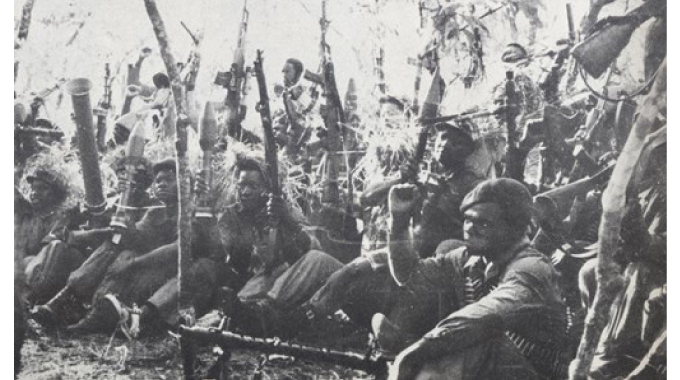
“I left my home to join the liberation struggle on May 16, 1977. It was around 5am when I sneaked out of my bedroom hut while my husband and our minor children were still asleep,” said Ms Nkomo.
“In fact, I had gotten wind that Rhodesian security agents were baying for blood after they got a tip off that Nkomo’s niece stayed in the village.
Fear gripped me, which is why I decided to flee and join my uncle in Zambia.”
Ms Nkomo said she decided to join the liberation struggle without informing her husband because she knew he was not going to block her.
“I trudged through the bush and arrived at Ramokgwebana Border Post at around mid-day and felt thirsty.
Upon getting to Ramokgwebana River, I drank water before crossing into Botswana and continued with my journey until I reached Tsetsebjwe village,” she said.
Ms Nkomo said she was well received in Tsetsebjwe before transport was arranged for them to travel to Francistown.
“In Francistown, there a lot of other people from Zimbabwe and we were given food and shelter. Our names were entered into the registration books,” she said.
They stayed in Francistown for a week before they were taken to Selibe Phikwe.
“When we arrived in Selibe Phikwe there were a lot of people, especially young men who were staying in an enclosed fence, while female combatants stayed with prisoners from Botswana.
We were later flown to Zambia along with other freedom fighters,” said Ms Nkomo.
“Upon landing in Lusaka, there were trucks which were waiting to take us to our camp.
They took us to Victory Camp, a place reserved for female combatants only and there were over 4 000 people,” she said.

“We lived there until July before moving to Mkushi Camp to pave way for new recruits who were arriving at Victory Camp.
We were so excited to train as soldiers, get firearms and the thought of returning to fight the colonial regime back at home.”
Prior to moving to Mkushi, Ms Nkomo said she first met his uncle Dr Joshua Nkomo who wanted to see her first.
“Umdala came while we were on parade and requested to meet me.
The first thing he said to me was ‘my daughter, so you decided to follow me.
Whom did you leave your children with?” I told him that I left them with my husband before he dismissed me,” she said.
Ms Nkomo said she lost friends during the Mkushi bombing.
Ms Nkomo said her survival was not due to her prudence, but God’s grace.
“I survived not because I was clever in any way, but because of God who was just merciful to me.
It was not easy at all, but by the grace of God, I managed to crawl and reached a place of safety before escaping to a nearby village,” she said. – @mashnets.

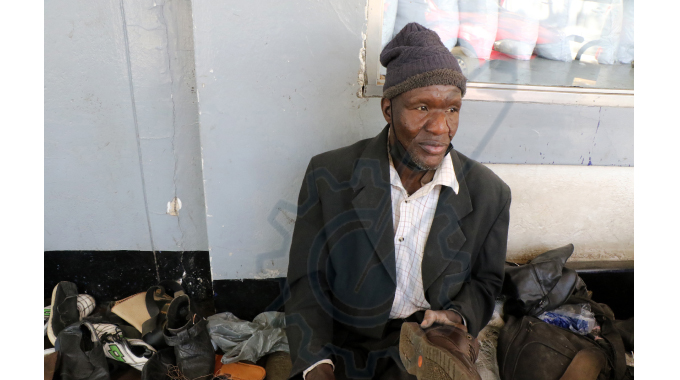
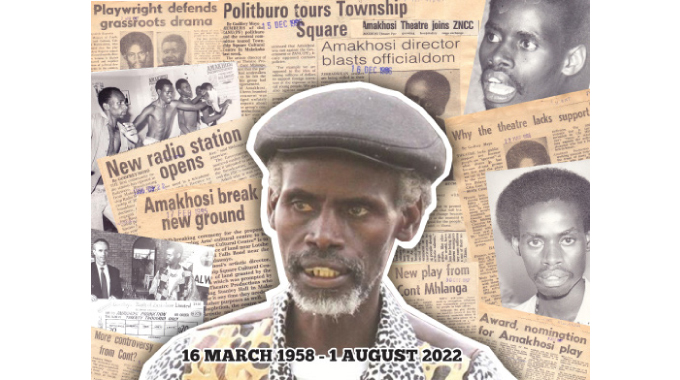








Comments